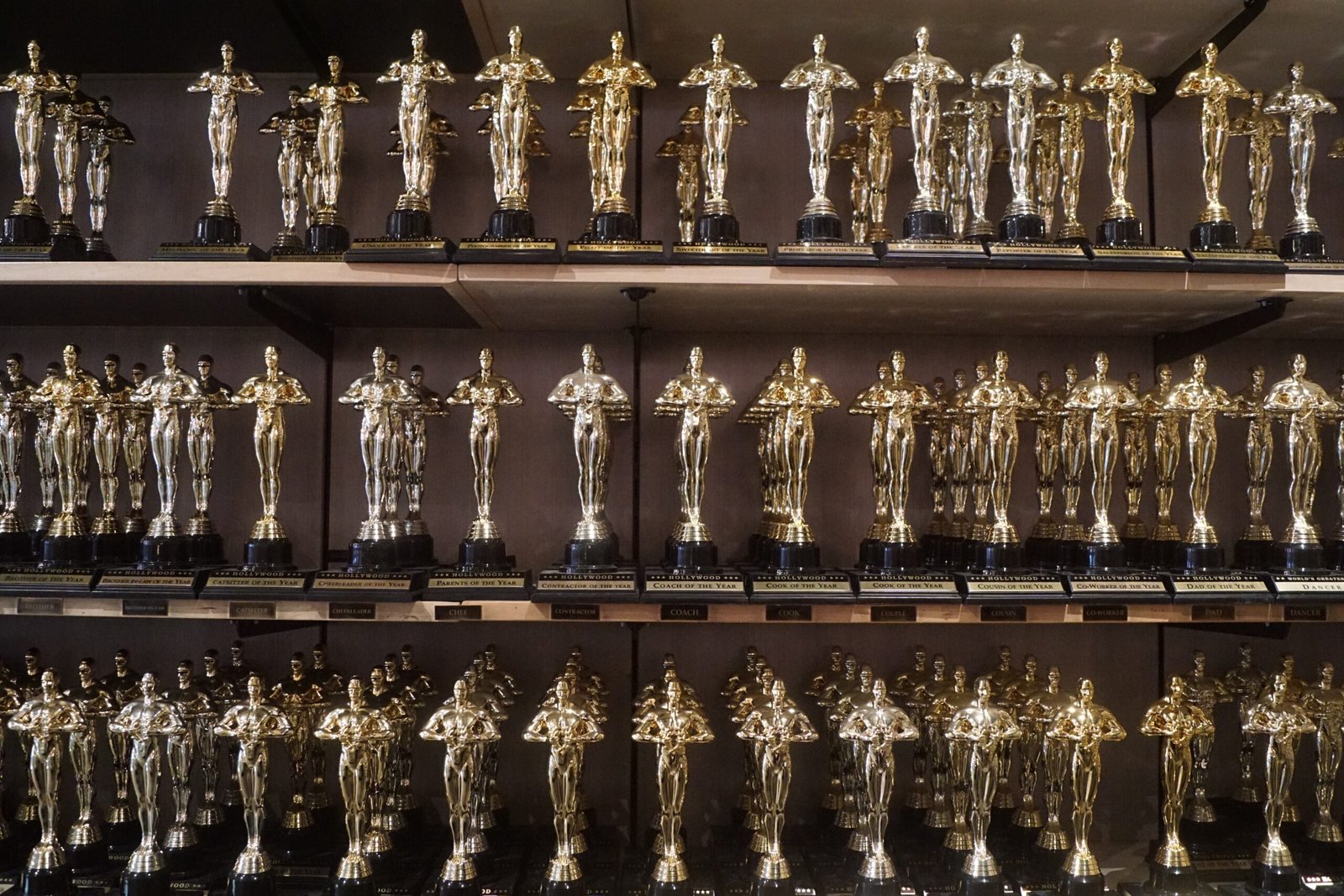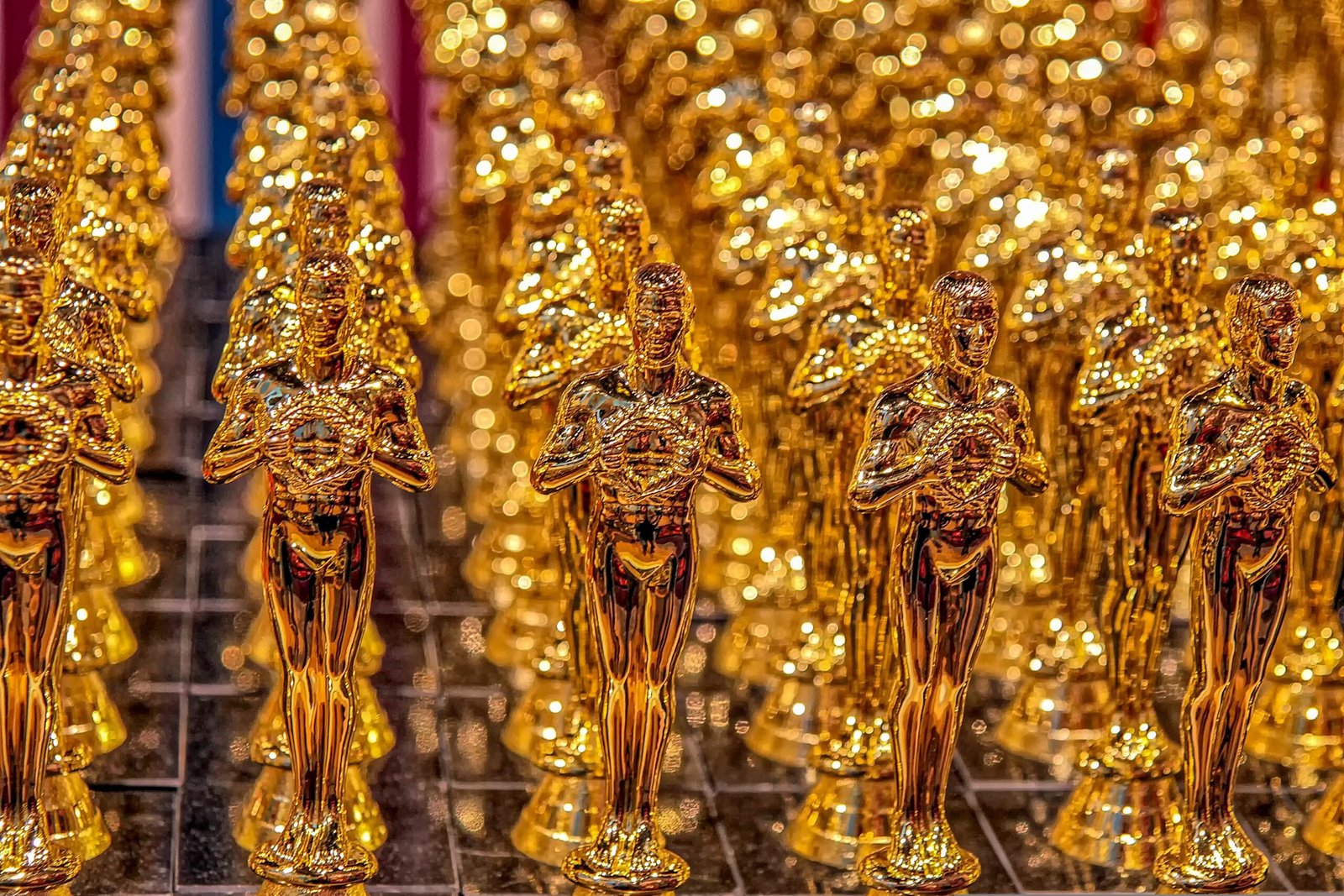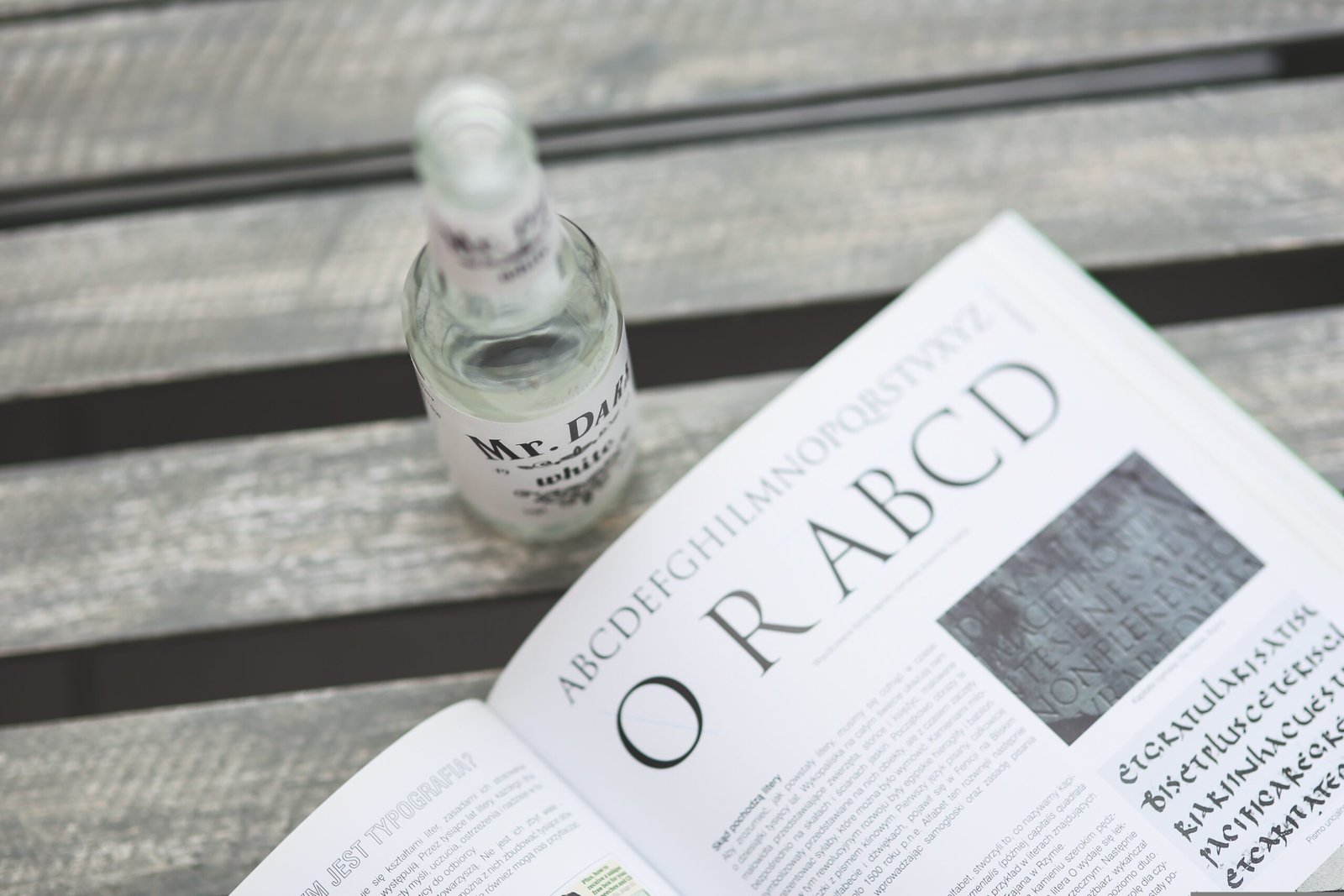Are the Oscars really a fair reflection of cinematic greatness? Data says otherwise. Explore the surprising stats behind why the Academy Awards often get it wrong and what really wins hearts.
Why the Oscars Are Always Wrong (Statistically Proven)
Every year, millions tune in to watch Hollywood’s most prestigious night.
The red carpet dazzles, the speeches inspire, and the gold statues gleam.
But once the dust settles, the question always returns:
Did the Oscars get it right?
Statistically speaking…
Probably not.
From snubbed masterpieces to forgettable winners, data analysts, film historians, and critics agree on one thing:
The Oscars are far from objective.
Let us explore the cold, hard numbers behind why the Academy often picks the wrong winners and what that says about awards, bias, and the business of fame.
The Data Doesn’t Lie: Fan Favorites vs. Oscar Winners
You would think Best Picture means the most beloved film of the year.
But time and time again, audiences disagree with the Academy.
Case in point:
| Year | Best Picture Winner | Highest-Grossing/Fan Favorite |
|---|---|---|
| 1998 | Shakespeare in Love | Saving Private Ryan |
| 2005 | Crash | Brokeback Mountain, Munich, Capote |
| 2023 | Everything Everywhere All At Once | Popular pick, but rare win |
| 2011 | The King’s Speech | Inception, The Social Network |
A 2015 FiveThirtyEight study found that Best Picture winners rarely align with critics or audience ratings on platforms like IMDb, Rotten Tomatoes, or Metacritic.
Why the Oscars Aren’t “Objective”
The Academy of Motion Picture Arts and Sciences is made up of about 10,000 voting members most of them industry insiders.
That creates bias in several forms:
1. Campaigns & Politics
Studios spend millions lobbying Oscar voters, sending screeners, hosting parties, and funding “For Your Consideration” ads.
2. Recency Bias
Films released closer to Oscar voting deadlines often benefit from fresh memory and sometimes overshadow earlier masterpieces.
3. Safe Choices Over Bold Art
The Academy often favors sentimental, historical, or biographical dramas over daring or genre-bending work.
“Oscar bait” is a real phenomenon because the formula works.
Snubs That Prove the Point
Some of the greatest films ever made were never crowned Best Picture:
Citizen Kane (1941) — lost to How Green Was My Valley
Pulp Fiction (1994) — lost to Forrest Gump
The Shawshank Redemption — nominated, didn’t win
The Dark Knight (2008) — wasn’t even nominated for Best Picture
La La Land (2017) — briefly announced as the winner… then Moonlight actually won
Critics still debate many of these decisions decades later.


Audience Ratings vs. Academy Picks
Let us compare how Oscar Best Picture winners fare on IMDb and Rotten Tomatoes vs. their closest competitors:
Crash (2005):
IMDb: 7.7/10
Brokeback Mountain: 7.7/10 (higher critical acclaim)
The King’s Speech (2010):
IMDb: 8.0/10
The Social Network: 7.8/10 but stronger cultural legacy
Forrest Gump (1994):
IMDb: 8.8/10
Pulp Fiction: 8.9/10
Shawshank Redemption: 9.3/10 (often ranked #1 of all time)
In many years, the most beloved or innovative film didn’t win.
The Psychology of a “Safe Win”
Psychologists suggest that awards voters often lean toward:
Consensus picks (least controversial = most votes)
Emotional narratives (especially biopics, wartime, or illness-based stories)
Redemption arcs (Leonardo DiCaprio finally winning in 2016 after years of losses)
Feel-good endings over artistic complexity
It is not about what is best it is about what is broadly agreeable.
The Oscar Economy
Even “wrong” winners often benefit from massive financial returns:
Oscar wins = box office boosts, increased global licensing, and longevity in film schools and libraries.
For studios, the win justifies the campaign cost and secures long-term profit.
So for them, it is not always about merit. It is about ROI.
The Takeaway
The Oscars aren’t a crystal ball of greatness.
They are a reflection of:
Industry politics
Collective compromise
Cultural mood at a single moment in time
“Winning an Oscar doesn’t mean you made the best film.
It means you made the film the industry agreed on at that moment.”
So when your favorite film gets snubbed, don’t worry.
Time is the real judge of greatness.
And statistically? The Oscars often get it wrong.














